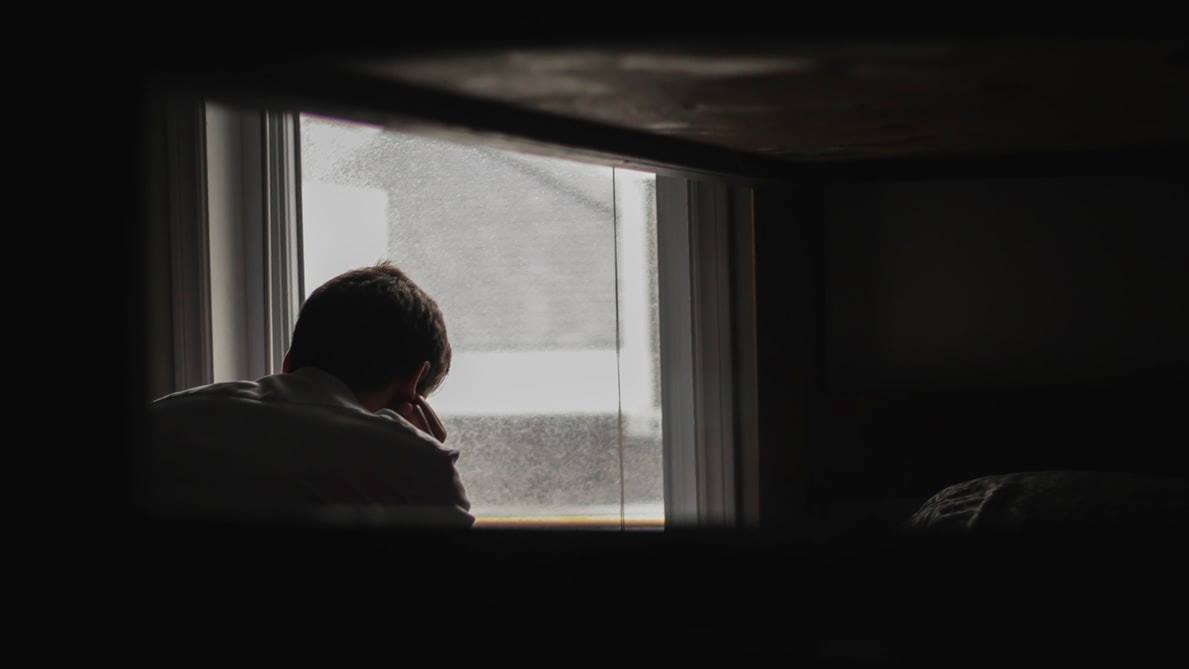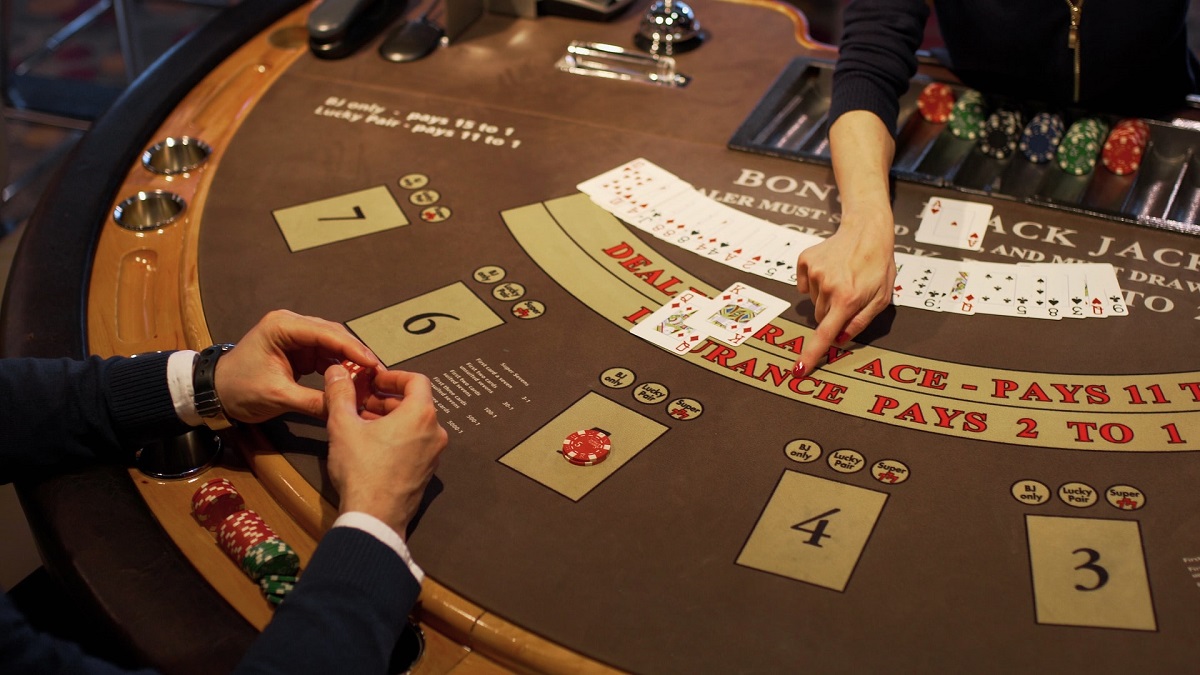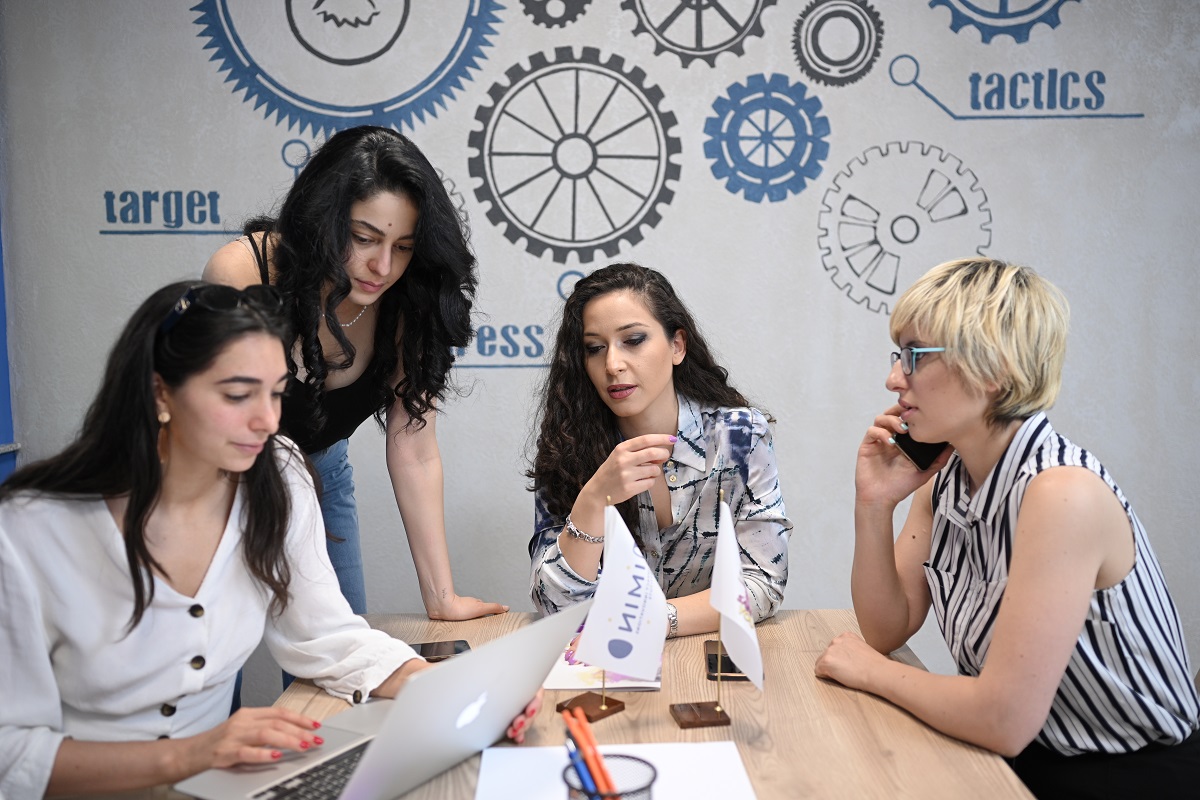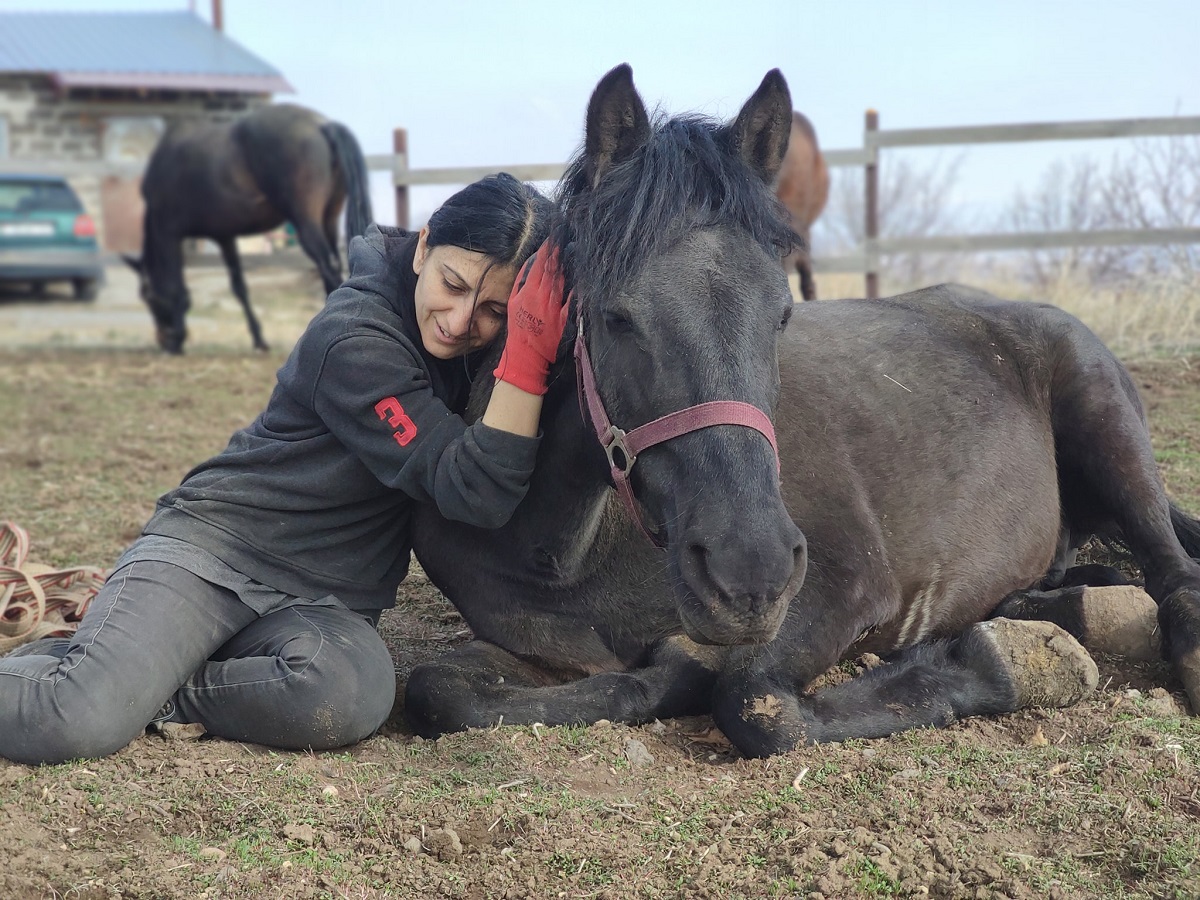Drugs become more accessible in Armenia through social networks
Sale of drugs on social networks
In Armenia, the drug business is moving online. More than 1,200 drug shops have appeared on Telegram alone, accessible to almost everyone. There are many on other social networks. On average, between 400 and 600 people are looking for drugs on these platforms every minute.
About the distribution of drugs on the internet, about who becomes a victim.
- Life after cancer – a story from Armenia
- Armenian diaspora doctors propose changes to healthcare system in Armenia
- Prison system in Armenia: why are the courts reluctant to approve early release of some inmates?
“You realize you live with a stranger”
Lilith agrees to talk, but not at home – they have not had guests in a long time. A year ago, her family was one of a majority who have no experience of drugs. Father is a scientist, mother an engineer, two children with diplomas and honors.
“I have always been far from the idea that only children from dysfunctional families or problem children are addicted to drugs. I knew that this evil can happen to anyone. Except our family. My brother was 24 years old, an age when you might expect people to know better. It always seemed to me that adolescents are more prone to drug use. But this turned out to be false,” Lilith says.
She was the first to notice that her brother had changed: he hardly spoke, his mood would change suddenly and dramatically – from indifference to emotional outbursts. There were no alarming changes in the life of the family at that time, and Lilith thought that perhaps he was having girl trouble:
“He locked himself in his room for hours, did not talk at all, did not eat. Gradually he stopped looking after his appearance, although he had never been like that. Then endless conflicts and scandals began. My brother, who had never raised his voice before, turned into a monster before my eyes. I realized that I was living with a complete stranger.”
A friend of her brother finally confessed what was going on. Lilith says that if it were not for the kindness and attention of his friends, it might have been worse than it was. It turned out that her brother had been using synthetic drugs for months, got into debt, and lost his job.
“I still don’t understand how my brother fell into this trap. None of his friends has this problem. Moreover, if not for their honesty, I dread to think what could have happened. His friends first tried to talk to him The last desperate step was to tell us what was going on. After that, of course, he argued with his friends, still refuses to communicate with them, but now I think he is no longer angry, just ashamed,” says Lilith.
Having learned what was happening with their son, their parents tried to convince him to turn to specialists. He was against it. Lilith says that the family did their best to keep this problem a secret, but you can’t hide anything in Armenia – such rumors spread with lightning speed. Very soon, Lilith’s family realized that they no longer had friends themselves:
“My brother’s addiction has become something of a stigma, there is no one left besides our godfather and aunt, my mother’s sister. People were afraid, they didn’t want their children to communicate with us, and, frankly, I understand them. But people should remember that this can happen to anyone, no one is immune. After all, parents of adult children don’t check what they are doing on social networks.“
After another scandal, Lilith’s brother agreed to be treated. He was treated in a hospital for several months, and now continues treatment at home. Doctors are confident the worst is over:
“Now I also worry about my parents – their life has been turned upside down. They are isolated, shy. My mother had serious depression, my father does not communicate with anyone at all. I don’t know if our family will be able to overcome this test, but I know that there have been irretrievable losses. At the very least, peace of mind will not return to us.”
“The number of drug addicts is growing”
In Armenia, as of January 1, 2022, 7,570 people who use drugs were registered with the National Addiction Treatment Center and drug treatment services. At the beginning of 2021, this figure was 7100, and in 2020, 7209 people.
Suren Nazinyan, director of the National Addiction Treatment Center, says that the number of drug addicts has increased:
“70% of them are in their 30s and 50s, but lately it is clear that drug use has become more common among younger people and sometimes teenagers. Among those who are registered, there are 170 women. The total number includes not only those who are being treated, but also those sent for examination by decision of law enforcement agencies.”
The center deals with the treatment of chemical and non-chemical dependence. Since 2020, patients have been offered not only treatment, but social and psychological assistance, which, according to experts, is no less important.
Treatment is free – both medicines and psychological services. The center works not only with patients, but also with their families.
“Studies show that the main target of drug dealers is teenagers. Most of the sales are carried out via the internet. In this sense, there is a lot of work to be done, educational programs and awareness are needed. Young people and minors spend a lot of time online, and drugs become available through various applications and social platforms.
“Law enforcement is doing its job, but it’s important to educate the youth. Sooner or later they learn about drugs from different sources. But how? Maybe we should inform children with the help of high-quality educational programs, present the situation correctly, so they know what to do if they are offered drugs,” Suren Nazinyan says.
Gevorg Pashikyan, a consultant on psychiatry and medical psychology at the Ministry of Health, says that the increase in the number of drug users is due to the spread of new synthetic drugs. They are difficult to detect, but consequences for the body are irreversible.
“There is another danger: these new types of drugs can cause serious mental disorders. After the first use, acute mental disorders may occur and very often such disorders are chronic,” Pashikyan says.
Who sells drugs online and how
“Narcodispanser”, “Narcologist”, “Lucy”, “Professor” are four out of 1200 telegram channels through which drugs were sold in Armenia. The online drug trade is almost uncontrollable, as is the number of subscribers to such channels.
The entire process of selling drugs is carried out online – from placing an order, payment, to where you can pick up the “goods”. Not only the seller, but also the buyer remain anonymous.
In 2020, according to the police, more than 15,000 people were involved in the process of drug distribution via the internet. One of the detainees told the police that for each package delivered to the hiding place, from where the buyer was supposed to pick up the goods, he received $3-4 in cryptocurrency. The young man also said that he received $1000 a month for his work.
In 2022, the police discovered more than twenty cases of drug sales through social networks.
“Condemnation doesn’t solve the problem”
Lilith says that her relationship with her brother is not what it used to be. But she has learned not to judge him. Working with a psychologist helped to understand each other and treat addiction not as a choice, but as a disease.
“We don’t condemn our loved ones when they have, for example, cancer or heart disease. Addiction is also a disease. Yes, very severe and difficult to treat, but a disease. And we should help our loved ones and not abandon them.
“Of course, sometimes it is hard, because patience runs out at some point. I want this nightmare to end. But we must endure and try to help. With recovery, the main guarantee of recovery is the desire of the patient. And if we reject them, they will not want to be treated,” Lilith believes.
Sale of drugs on social networks























